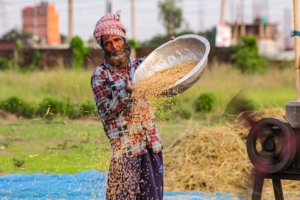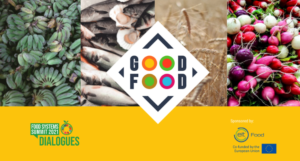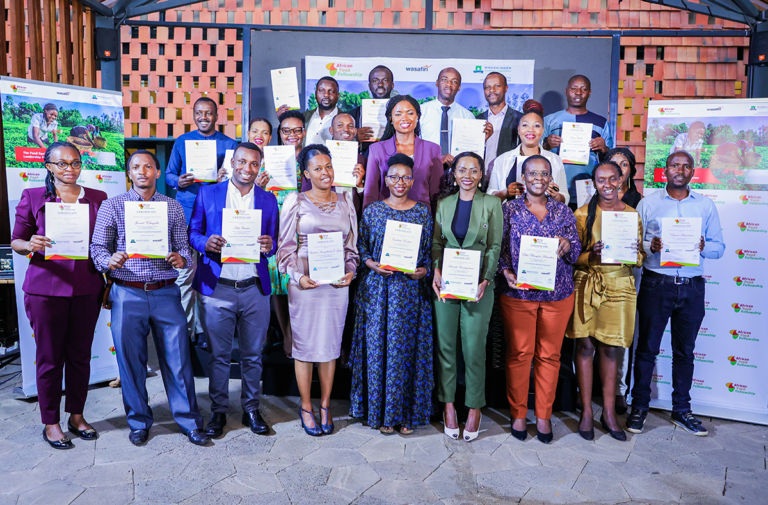African Food Fellowship holds inaugural Rwanda Festival
African Food Fellowship holds inaugural Rwanda Festival
Jaqueline Kubania
Stella Odhiambo
Latest posts
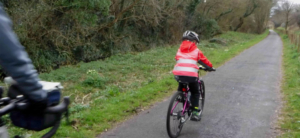
Could Girls on Bikes replace GDP?
March 20, 2024

Transforming Youth Employment with Systems Change in Africa
February 21, 2024

System Change in Action: The Wigan Deal
December 22, 2023
Share:
“We hope that guests walk away understanding that Fellows are rounded thought leaders, experts in their fields, and able to look at food systems in a complex way.”
- Claudia Piacenza, Regional Manager African Food Fellowship
The much-awaited inaugural Rwanda Transform Food Festival took place in Kigali on 23 July 2023. It brought together food systems leaders working in a range of different sectors to share ideas and collaborate on strategies for delivering a healthier, more inclusive, and sustainable food system for the country.
The exclusive high-level event hosted by the African Food Fellowship, (a partnership between Wasafiri and Wageningen University and Research) brought together food systems innovators, entrepreneurs, practitioners, and decision-makers working across government, private sector, civil society, and community groups. They engaged in discussions on how to work together to address existing and emerging issues in Rwanda’s food systems.
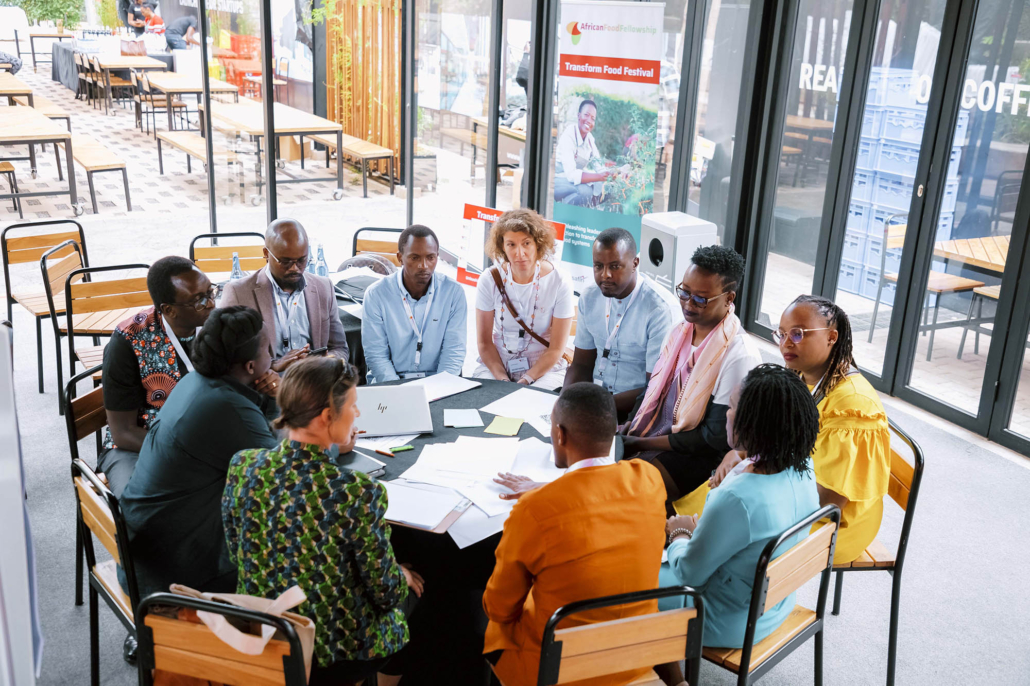
Speaking at the event, Permanent Secretary at Ministry of Agriculture and Animal Resources (MINAGRI) Dr Olivier Kamana, hailed the Rwanda Transform Food Festival for raising the profile of key issues that need the most attention from food system actors.
“These are actors who have expertise in different fields in the food system who can contribute to the ongoing process of designing the next phase of the Strategic Plan for Agriculture Transformation (PSTA5). We see them as key stakeholders who will make important additions to our strategy,” he said
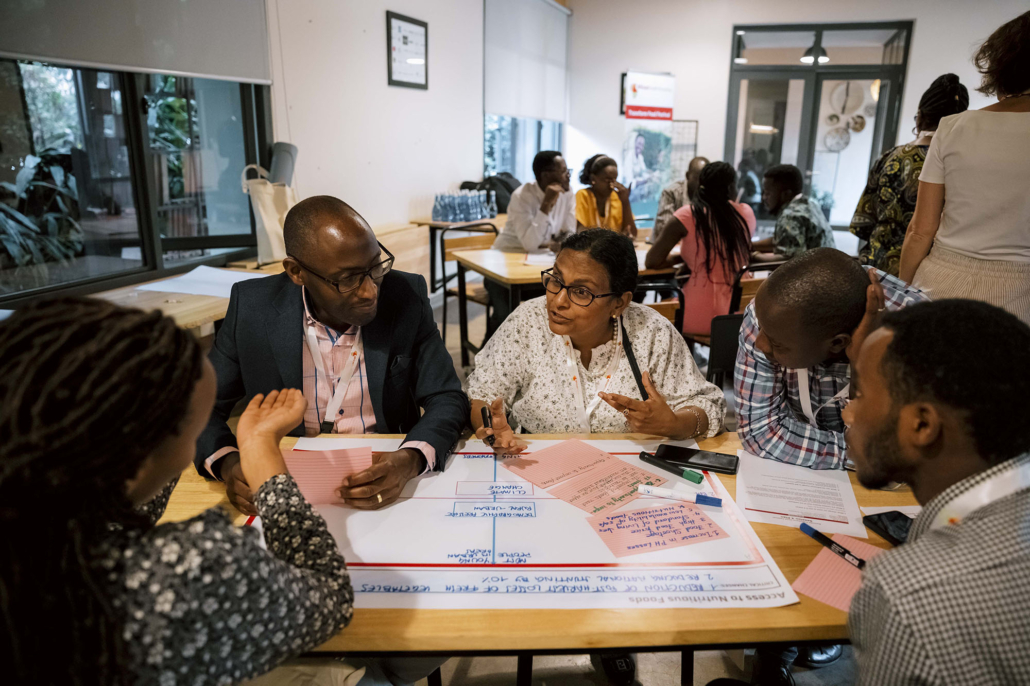
The Fellowship works to shift the power, policies, incentives, and investments in order to bring about food systems transformation in the country. The day-long discussions around sustainable land use, food technology and trade, and access to nutritious foods explored these shifts.
The event was also an opportunity to expand the conversation to include actors beyond the Fellowship to forge collaborations that will ignite a faster transformation of Rwanda’s food system.
“We wanted actors to come together and discuss emerging issues in Rwanda’s food system, and think about working together to solve them. At the same time, we want to celebrate Fellows for the incredible work that they are doing to transform Rwanda’s food system,” said Anysie Ishimwe, Rwanda Dean and Country Implementation Lead.
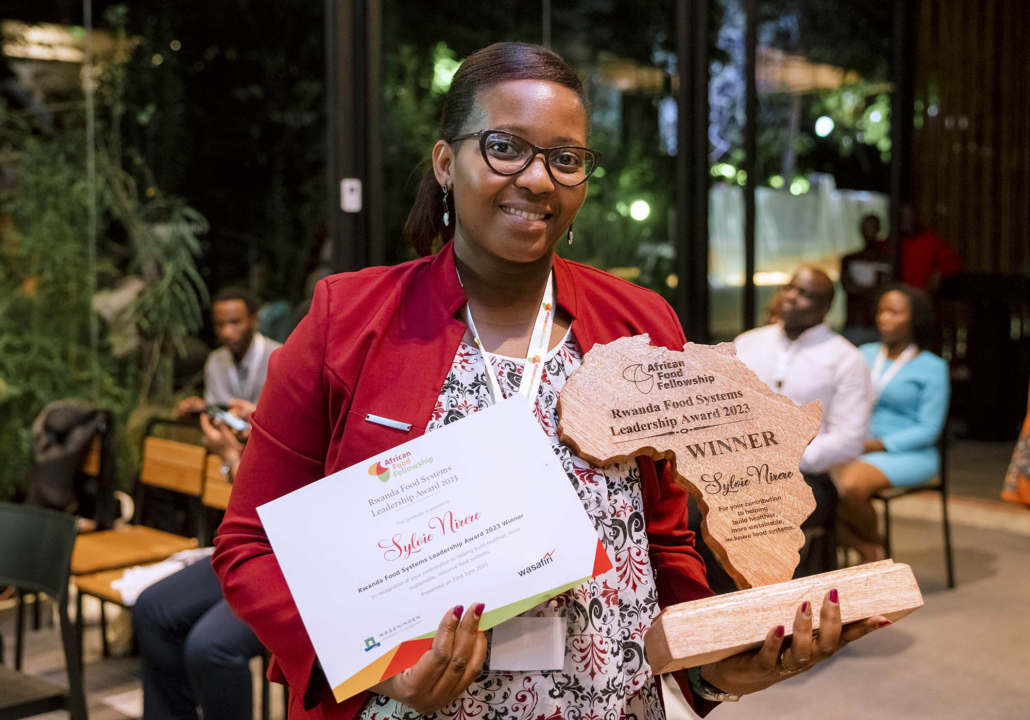
The festival culminated in the Rwanda Food Systems Leadership Award, which honours an outstanding Fellow whose work demonstrates the impact, sustainability, and scale necessary to bring about true food systems transformation.
Sylvie Nirere’s work helping thousands of horticulture farmers in Rwanda to access international markets in Europe and the Middle East, and thereby building a critical mass of topline exporters, clinched her the title.
African Food Fellowship Regional Manager, Claudia Piacenza said the Rwanda Transform Food Festival is a key ingredient of the Fellowship as it creates yet another opportunity for Fellows to come together and foster a sense of belonging, which makes it possible to work on complex food system issues that require collective action.
“As we start seeing Fellows exchanging lessons and exploring opportunities to collaborate, we know we are on the right track. We hope that guests walk away understanding that Fellows are rounded thought leaders, experts in their fields, and are able to look at the food system in a complex way,” she said.
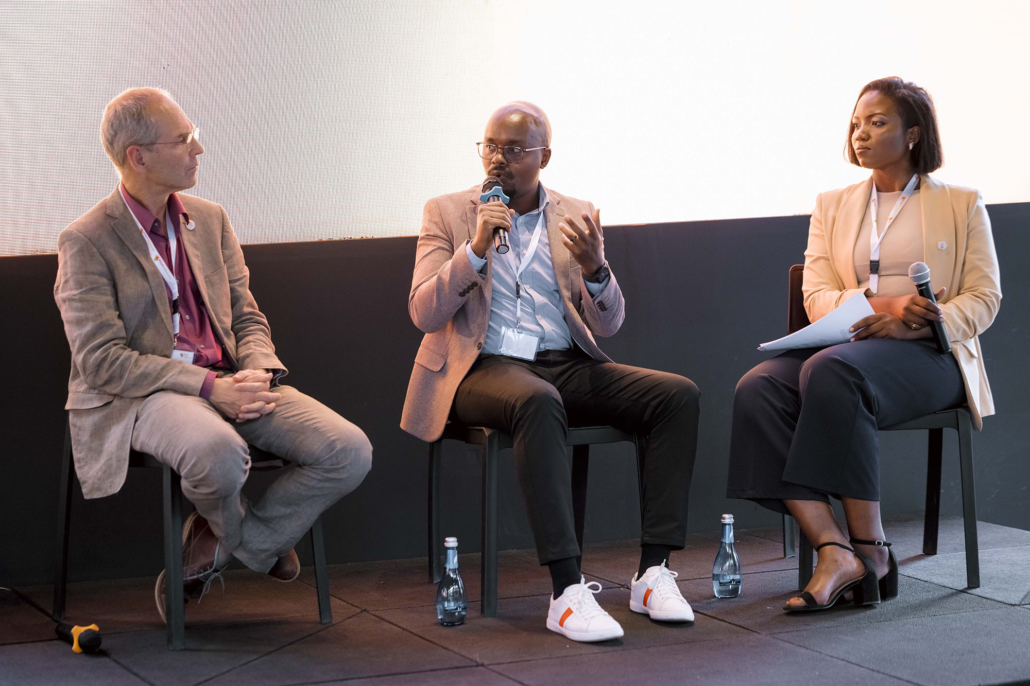
Wasafiri Consulting and Wageningen University & Research initiated this fellowship to help deliver progress promised in the 2014 Malabo Declaration, which aims to end hunger on the continent by 2025, and to promote intra-Africa food exchange through the continental free trade area. The initiative enjoys support from the IKEA Foundation.

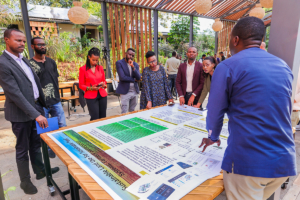
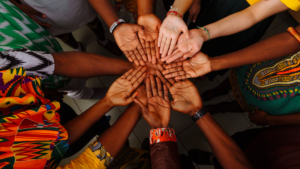
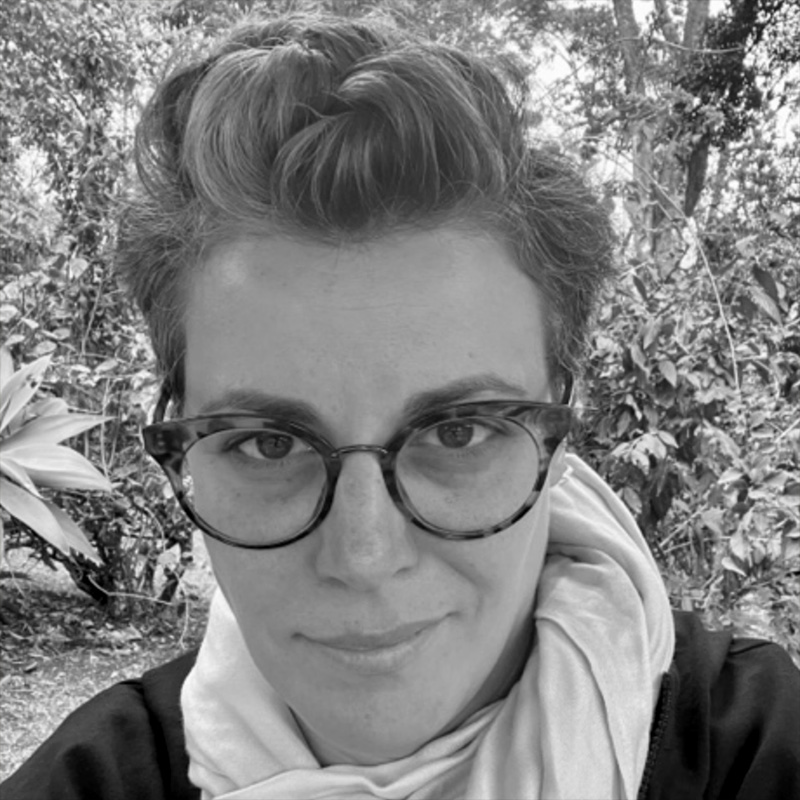
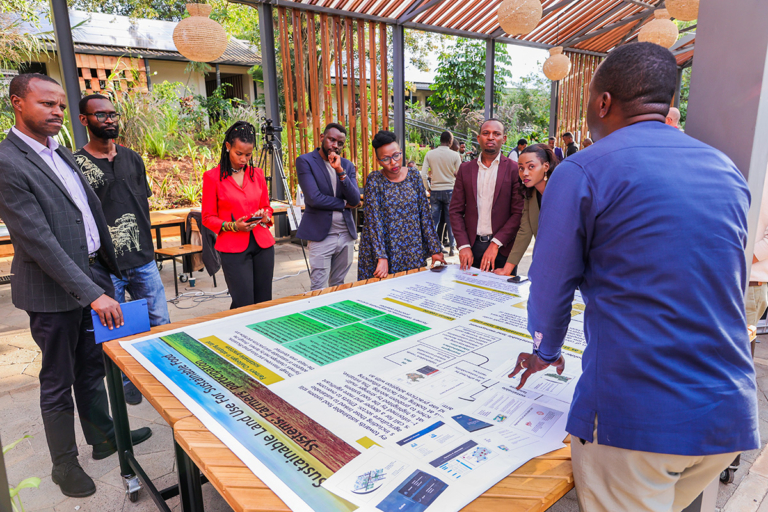

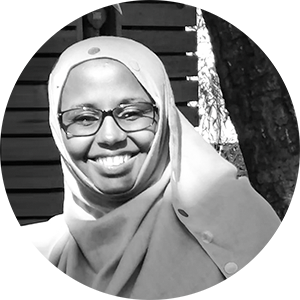 Born and raised in Mombasa, Kenya, Aisha has fond memories of her childhood. Her closest sibling describes her as responsible, empathetic, and dependable.
Born and raised in Mombasa, Kenya, Aisha has fond memories of her childhood. Her closest sibling describes her as responsible, empathetic, and dependable.